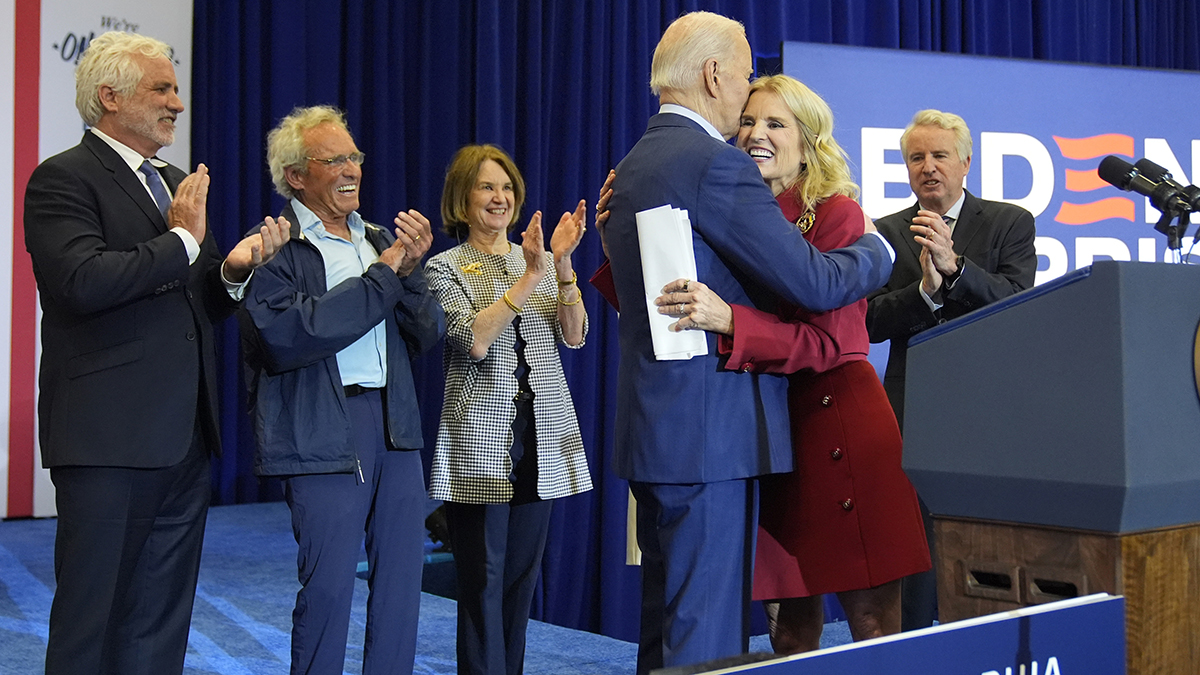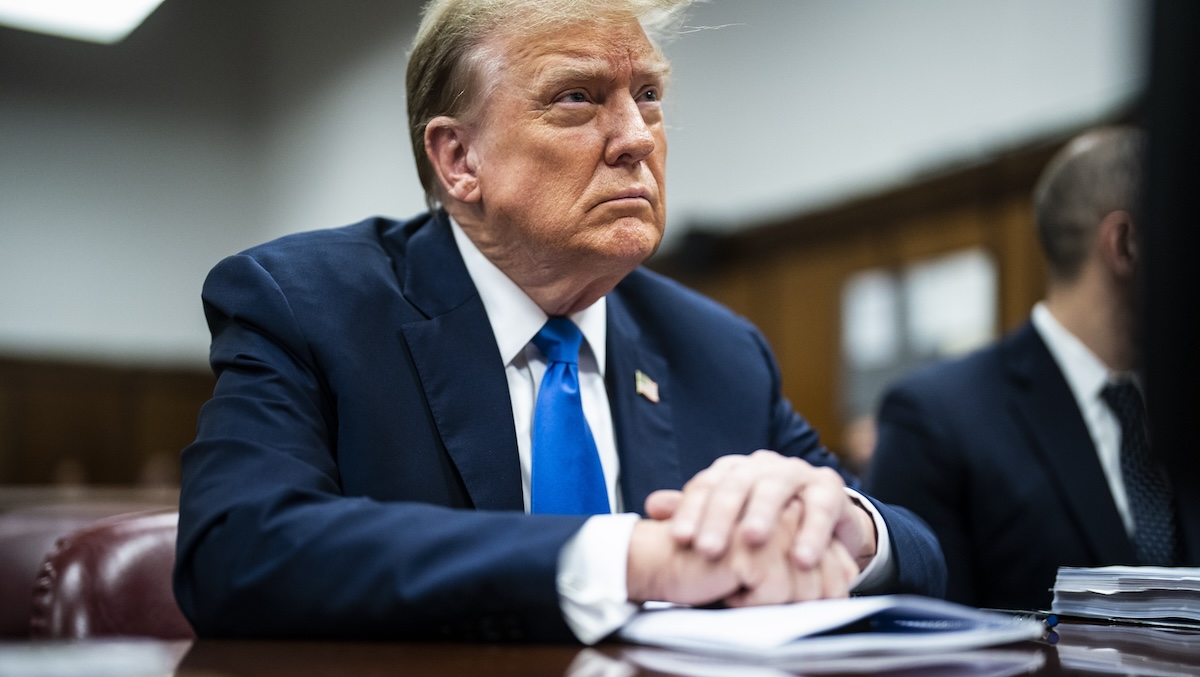(NECN: Jack Thurston, Waterbury, Vt.) - Touring Vermont at the invitation of Democratic Vermont Gov. Peter Shumlin, the Director of National Drug Control Policy, R. Gil Kerlikowske, praised the Green Mountain State for pledging to face head-on what's been called a growing crisis of heroin and prescription pill addiction.
"It is a huge and significant issue," Kerlikowske said. "In a state the size of Vermont, you can serve as a model and a blueprint."
The White House “drug czar" said other states should watch how Shumlin plans to tackle opiates from all directions, including speeding access to treatment, toughening penalties on traffickers and education campaigns, as well as approaches that involve local mayors, health officials and non-profits.
"Vermont wants to lead the way in treating this as a disease [and] move more folks from addiction to recovery so they they can lead productive lives in this great state," Shumlin said. "We can reduce crime and maintain Vermont's quality of life."
Kerlikowske and Shumlin said this is not a Vermont-specific issue. They said it's a regional issue affecting the whole northeast, as well as many other parts of the country. Kerlikowske acknowledged Vermont may sense the drug crisis in a different way than major cities do.
"In the rural and more suburban areas, I think you probably feel it more painfully because everyone knows somebody whose family has been impacted," said Kerlikowske.
Kerlikowske told reporters that nationally, drug abuse is a more than $193 billion dollar drain on the country, and that opiate overdoses claim 17,000 lives a year.
Politics
Kerlikowske and Shumlin said having open dialogues about drug challenges at the national, state and community levels may reduce the stigma of individuals being in recovery from a drug addiction. That may, in turn, help turn the tide, the pair said.
They joined several other health and public policy leaders on a tour of a methadone clinic in South Burlington, Vt. managed by the non-profit HowardCenter.
"We want to work very hard to remove the stigma of people that are in recovery," Kerlikowske said.
"It's really remarkable, the degree to which many of the clients experience a sense of personal shame," Bob Bick, HowardCenter's director of mental health and substance abuse services, told Kerlikowske. "In the 40-plus years I've been doing this, I've never met anybody who started out saying, 'I want to become a heroin addict.'"
Bick also expressed appreciation to Kerlikowske and Shumlin for shining a spotlight on an issue that had previously not gotten as much public, high-level attention.
"Having the White House focus on Vermont and what we're trying to do, I think it's going to make a difference," Bick said. "It's going to continue to accelerate what we're trying to accomplish here, which is ultimately, from my perspective at least, treatment on demand. To the extent that we have a waiting list-- it's unacceptable. So, if we can get to a place if somebody recognizes today that they need treatment, we can bring them in today and we can begin that process."
Dr. Harry Chen, the commissioner of the Vt. Health Dept., said an expansion of a pilot program distributing Naloxone, an antidote for opiate overdoses, is already proving effective. Starting in about six weeks, all Vt. State Police troopers will carry the nasal mist commonly known as Narcan, said Col. Tom L'Esperance, the commander of the Vt. State Police. The antidote is already credited with reversing seven potential deadly overdoses in Vermonters, Chen said.
"This was, by far, the easiest decision I've ever had to make as the director of the Vermont State Police," L'Esperance said of assigning Naloxone kits to his troopers, and providing them brief training sessions on how to use them. "I received an email over the weekend from a trooper who just arrived at an overdose, where an EMT had given the victim Narcan and brought that person from the jaws of death and breathed life into him. If one of our troopers anywhere in the state, in the rural sections especially, can do the same on any given day, then we're doing our job."
L'Esperance noted that Naloxone cannot be stored year-round in police cruisers, due to concerns the extreme cold in Vermont winters or extreme heat in summers may render the doses less effective. He indicated troopers will carry the doses on their person.
The HowardCenter told New England Cable News in early February that it had distributed around 130 state-funded Naloxone kits anonymously to addicts and their friends and family who may be nearby if they overdose. The $50,000 program also includes a distribution site in White River Junction at the Good Neighbor Health Clinic, the HowardCenter said. It said the rescue kits come with the option for drug treatment referrals, and that in an overdose, calling 911 should still be a must. Vermont's Good Samaritan law protects people from legal repercussions if they try to get help for an overdose victim.
Expansion of the antidote’s availability may in the future include encouraging retailers to sell kits at pharmacies, or possibly encouraging doctors to write prescriptions for it, Chen said.



